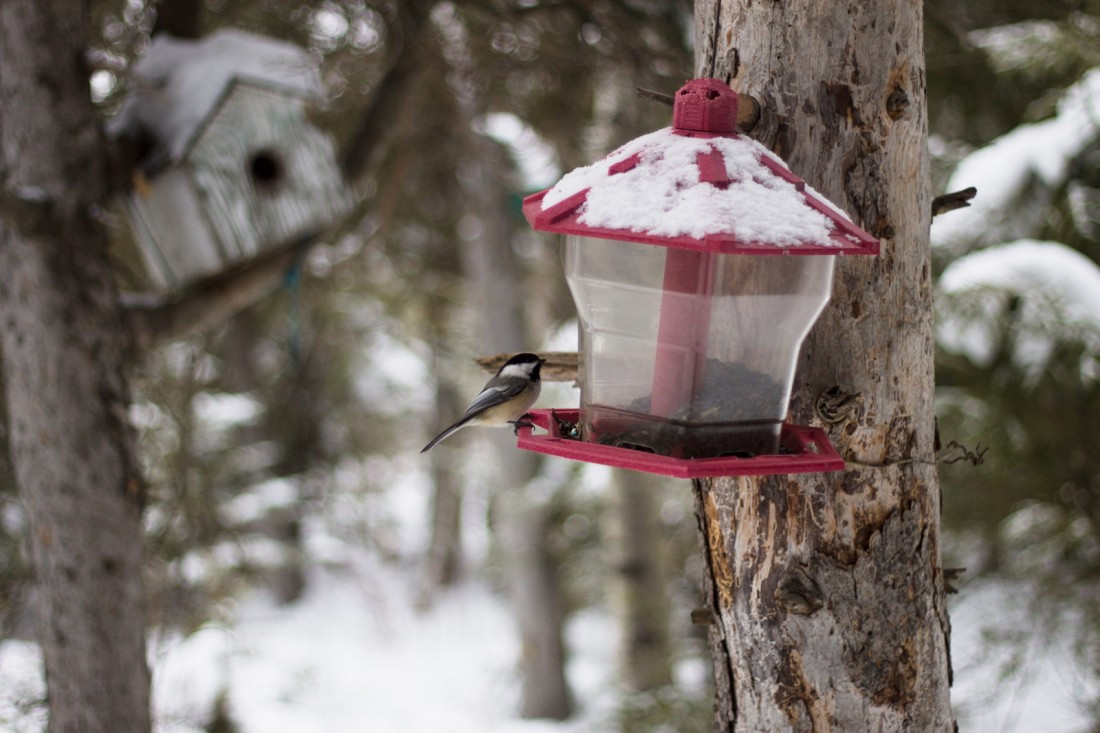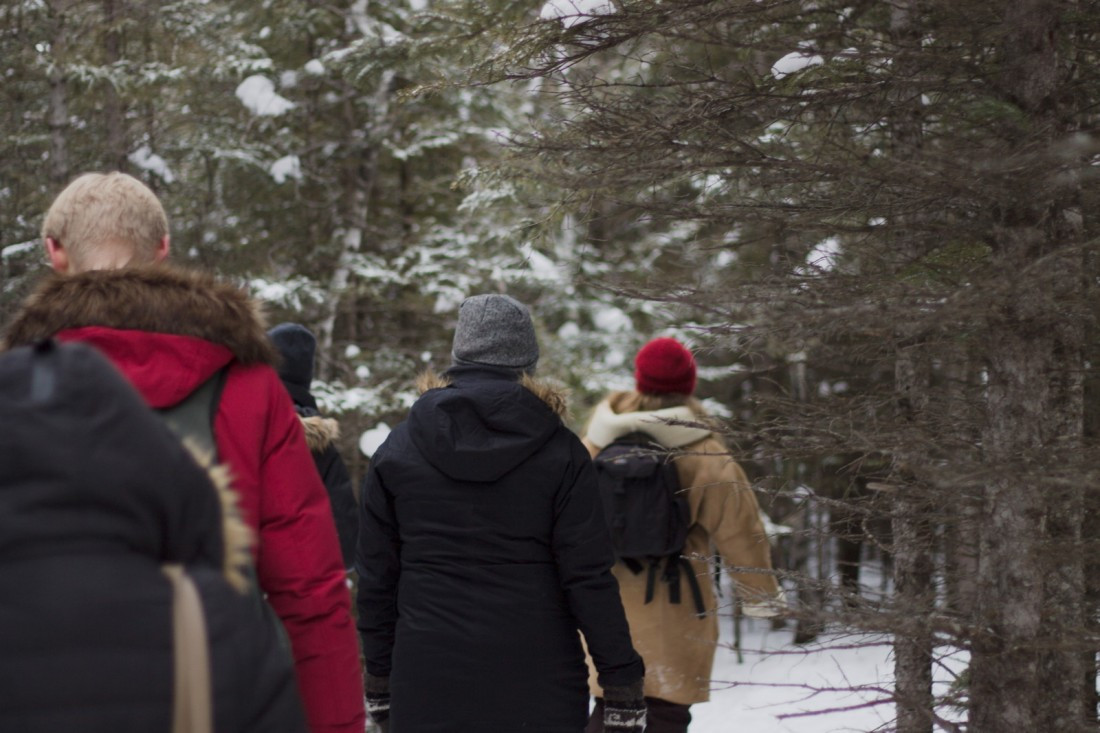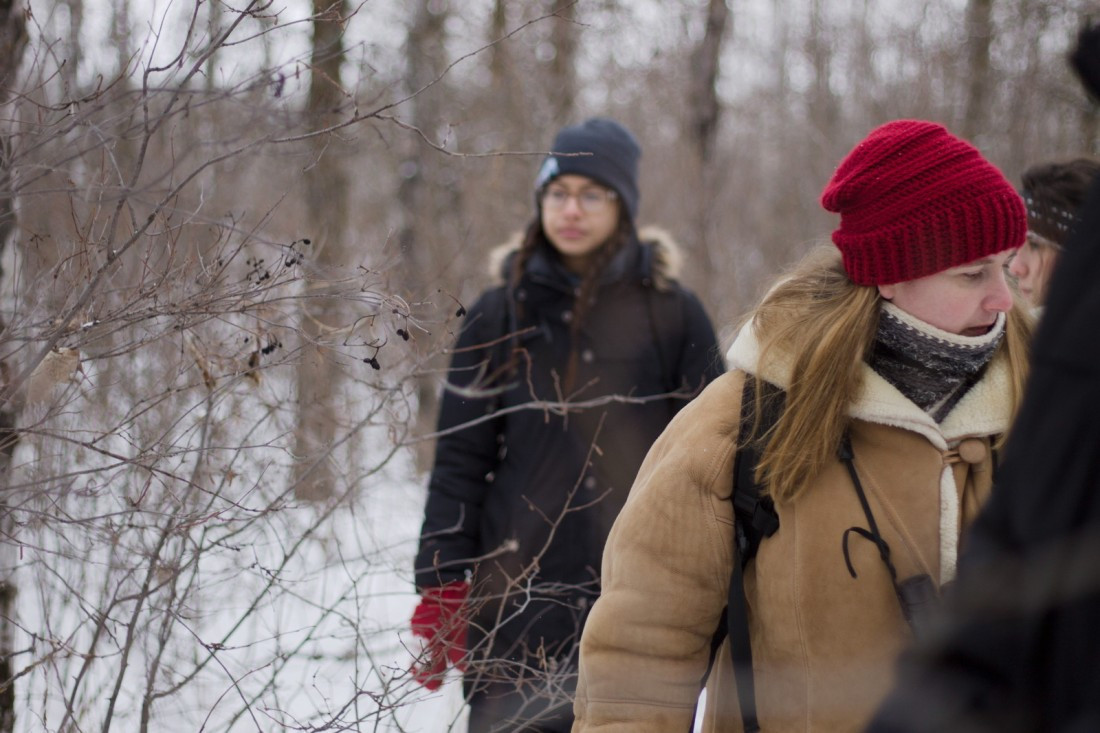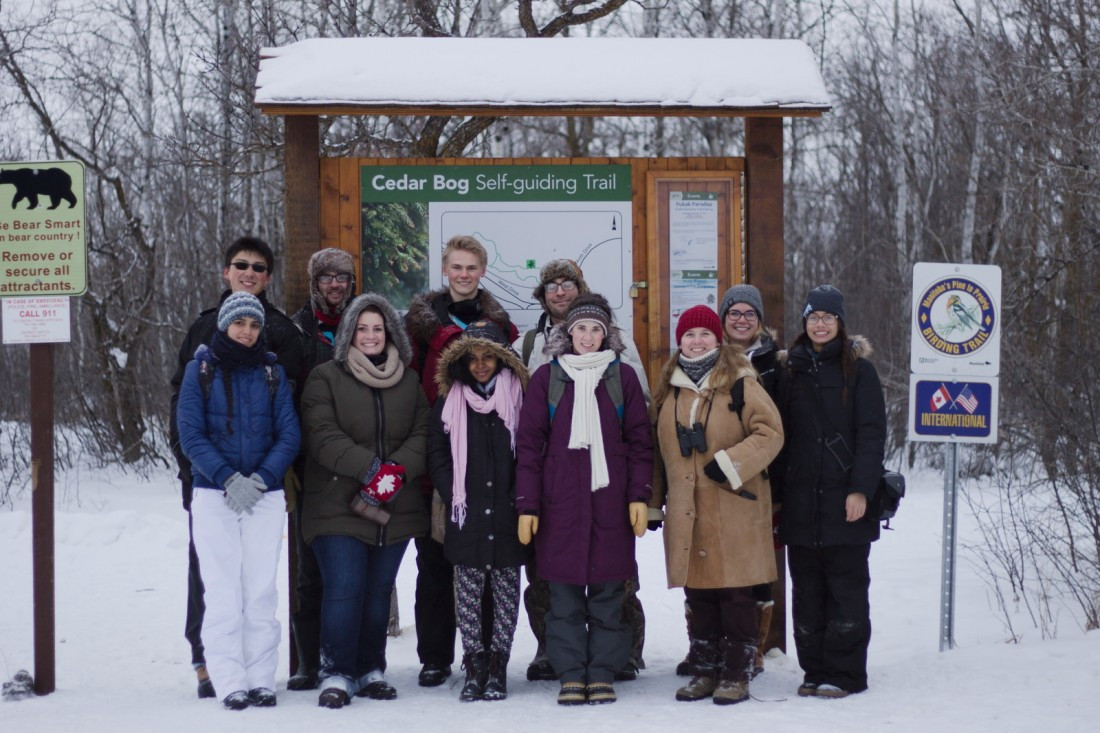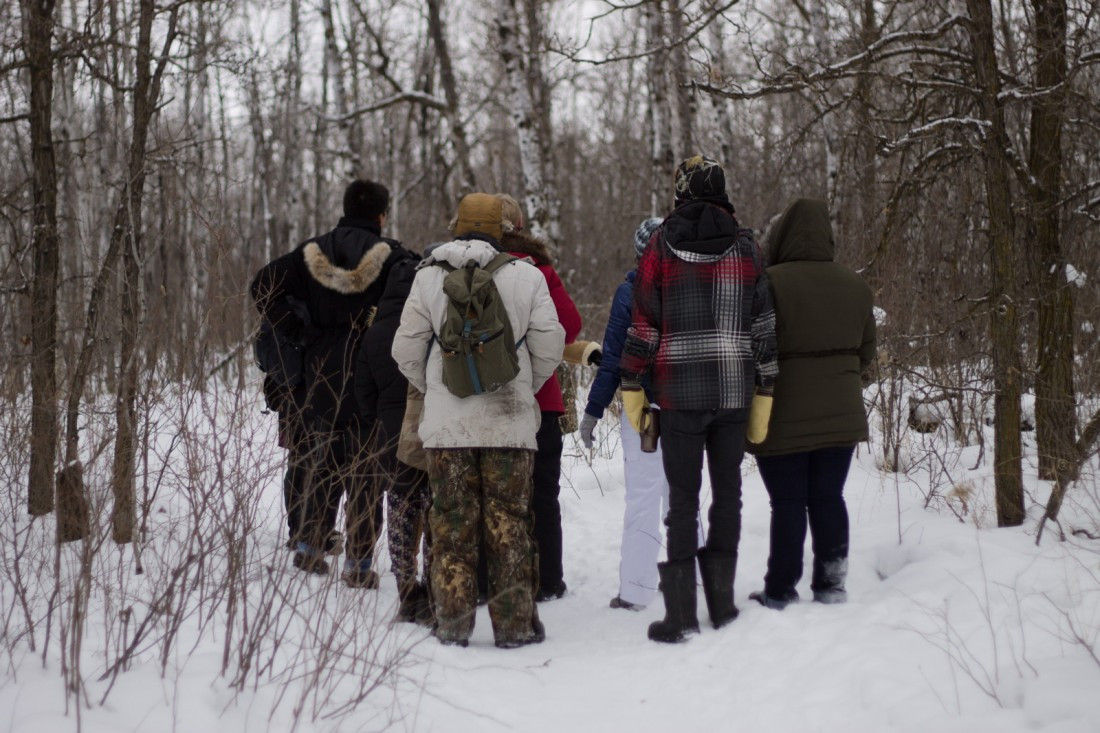Navigating the wilderness
The Wildlife Society founds chapter at the U of W
A new group on campus helps students to take a walk on the wild side.
The Wildlife Society – University of Winnipeg Student Chapter (TWS-UW) is a new student group formed at The University of Winnipeg (U of W).
The student chapter at the U of W is a subset of The Wildlife Society (TWS), an international organization founded in 1937 committed to addressing issues affecting the status of wildlife.
The main goal of TWS-UW is to improve the academic success of its student members and the access to wildlife careers through workshops, skills and professional networking.
“When I joined the university I knew I wanted to be a wildlife biologist. But I had no idea what to do, and the advisors I’ve talked to had no idea what wildlife biology was,” Nathan Sullivan, president of TWS-UW, says.
Since September, the group has organized wildlife documentary nights, workshops to help students learn the basics of animal and bird identification, and nature walks to view animals and the ecology of different areas of Manitoba.
One of the club’s ongoing initiatives is a project with Manitoba Conservation that involves maintaining cougar hair-traps, which lure cougars and collect their hair samples, in an effort to determine their numbers in the area.
“It would be great to be able to lead a lot of students and have a community for students that want to pursue wildlife things and make it a lot easier for them,” Sullivan says.
Another purpose of the chapter and TWS overall is to provide financial support for student-led initiatives related to wildlife.
“A lot of what this group does too is enable them (students) to have resources and network with people to be able do these projects and do independent research,” Sullivan says.
Other objectives of the group are to make the larger community aware of wildlife issues, encourage active participation in wildlife-related events with other groups and engage in academic events, conferences and networking opportunities.
“We’re taking more than we can give back. With wildlife management we’re able to give back and have a reciprocal relationship with the environment,” Sullivan says.
Felisa Moncada Troncoso, a second-year student majoring in environmental studies, says that TWS-UW gave her a chance to meet people who share her interests and expanded the ideas about what kind of jobs you can get in the field.
“It really brings people together. It helps the students (to) find their ways and answer questions that we don’t normally know anything about, like courses or how to get experience.”
Daniel Collicutt, a fourth-year student majoring biology, says the club provides him with an opportunity to get more real hands-on experience with wildlife.
“I’ve always loved working with animals and I’ve always loved doing outdoor stuff. (But) it’s kind of difficult to do that in a regular university setting.”
Published in Volume 70, Number 19 of The Uniter (February 11, 2016)

